Weak AI, Big Impact
In artificial intelligence, it’s easy to get dazzled by the promise of robots replacing surgeons, self-driving cars conquering the roads, and sentient machines writing poetry. But while those aspirations may reside in the distant future, a quieter revolution is already underway, driven by a less glamorous yet profoundly impactful force: weak AI.
Often overshadowed by its flashier cousin, “strong AI,” weak AI, also known as narrow AI, thrives in well-defined tasks and excels at specific skills. Unlike the hypothetical sentient machines of science fiction, it doesn’t possess general intelligence or understand the world. Yet, this doesn’t diminish its significance. Weak AI is already woven into our daily lives, impacting everything from how we shop and entertain ourselves to how we manage our health and navigate our cities.
So, let’s explore four key ways weak AI is shaping our world today:
1. Personalization Powerhouse: Curating Experiences Just for You
Remember the days of wandering through endless aisles in a bookstore? Or scrolling through tons of irrelevant recommendations on streaming platforms? Thanks to weak artificial intelligence, those days are fading. Algorithms powered by data research and machine learning personalize our experiences across various domains. From suggesting books you’ll love to recommending movies perfectly aligned with your taste, weak artificial intelligence tailors content and services to fit individual preferences, delivering a sense of effortless discovery and satisfaction.
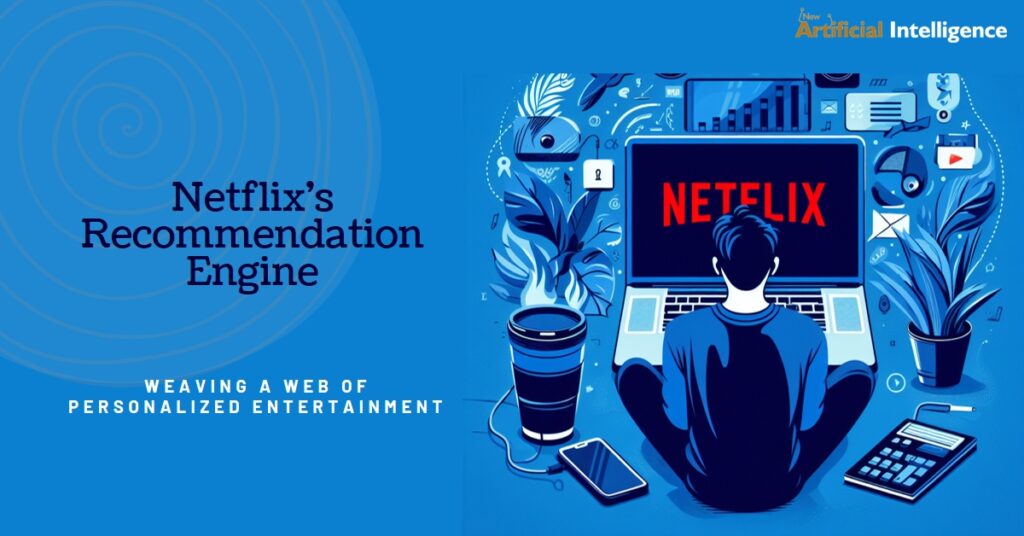
Case Study: Netflix’s Recommendation Engine: Weaving a Web of Personalized Entertainment
Imagine logging into Netflix and instantly finding a captivating show that keeps you binge-watching till dawn. That’s the magic of their sophisticated recommendation engine, powered by weak AI. Study your viewing history, comments, and even subtle clues like time of day and browsing patterns; the algorithm creates a personalized roadmap of entertainment, ensuring you never run out of engaging content. This data-driven approach has dramatically increased user engagement and made Netflix a dominant force in the streaming world, showcasing the power of weak artificial intelligence in tailoring experiences to individual preferences.
2. Efficiency Guru: Automating Mundane Tasks for Maximum Productivity
We all have those tedious, repetitive tasks that drain our time and energy. From scheduling appointments to managing finances, these chores can eat into our day, leaving us feeling overwhelmed and unproductive. This is where weak artificial intelligence shines. From email filters that automatically sort spam to chatbots that answer customer queries around the clock, weak AI automates these mundane tasks, freeing us up to focus on more strategic and creative endeavors.
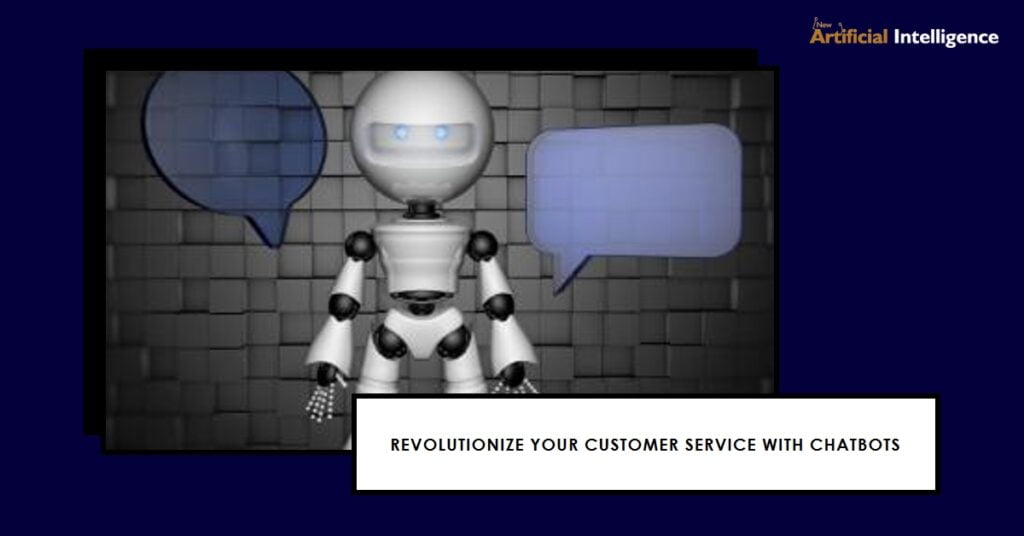
Case Study: Chatbots Take Over Customer Service: Zendesk’s AI Assistant Defuses Frustration
Picture a frustrated customer facing an endless queue to reach a customer service representative. Now imagine an AI-powered chatbot greeting them instantly, resolving simple issues, and escalating complex ones appropriately. Zendesk’s AI assistant, Answer Bot, does just that, significantly decreasing wait times and increasing customer satisfaction. By automating routine inquiries and providing prompt support, weak AI streamlines customer service operations, freeing human agents to handle more complex situations and creating a win-win scenario for businesses and customers.
3. Healthcare Hero: Assisting Diagnosis and Predicting Risks
The impact of weak AI extends beyond entertainment and convenience, reaching into the critical realm of healthcare. From analyzing medical images for early signs of disease to predicting patient outcomes and personalizing treatment plans, weak artificial intelligence algorithms are transforming the medical landscape. By crunching vast amounts of data and identifying hidden patterns, they provide valuable insights that augment human decision-making and improve patient care.
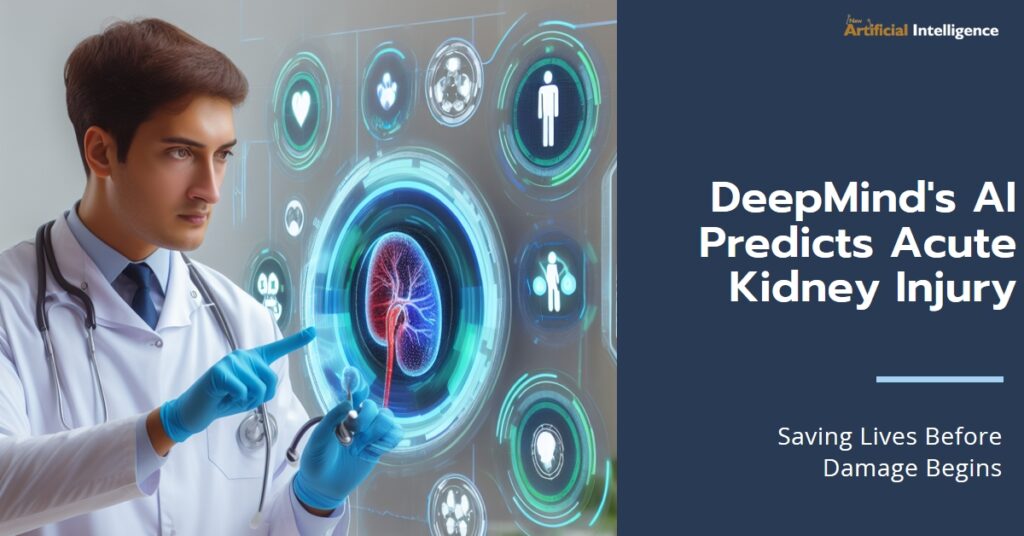
Case Study: DeepMind’s AI Predicts Acute Kidney Injury: Saving Lives Before Damage Begins
Imagine a scenario where an AI can predict a patient’s risk of developing acute kidney injury, a potentially life-threatening condition. DeepMind’s AI tool, Streams, analyzes electronic health records and identifies subtle indicators before symptoms even appear. This proactive approach allows doctors to intervene early, preventing complications and saving lives. This case study demonstrates the immense potential of weak AI in healthcare, not as a replacement for doctors but as a powerful tool to enhance their expertise and improve patient outcomes.
4. City Architect: Optimizing Resources and Building Smarter Futures
Our cities are complex ecosystems, constantly grappling with challenges like traffic congestion, resource management, and energy optimization. But amidst the urban chaos, weak artificial intelligence is emerging as a silent partner, providing solutions and optimizing processes. From monitoring traffic flows and adjusting signal timings to analyzing energy consumption and predicting demand, weak AI algorithms are helping cities run more efficiently and sustainably.
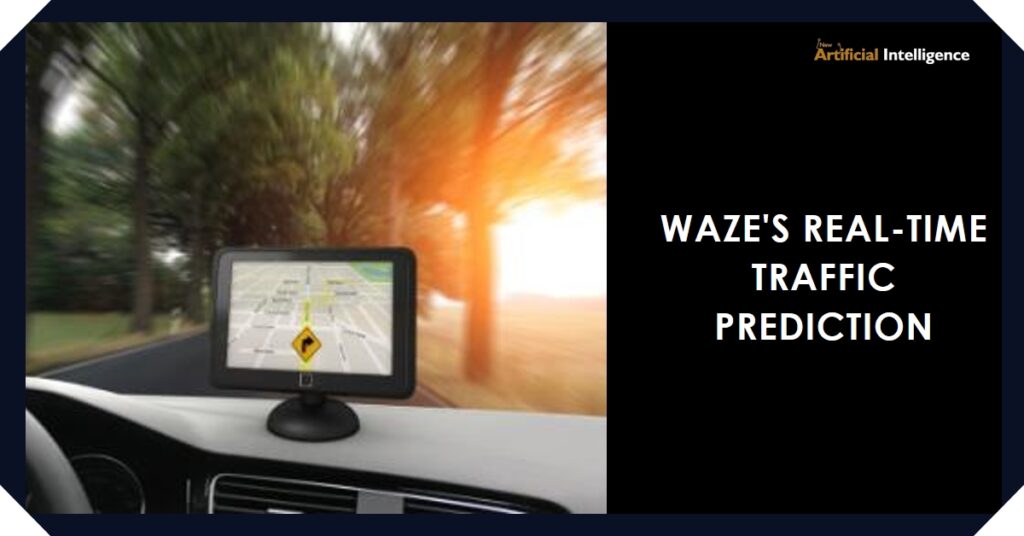
Case Study: Waze Combats Traffic Congestion: Real-time Navigation Makes Every Commute Smoother
Have you ever wondered how your navigation app reroutes you through seemingly random backstreets, saving you precious minutes on your commute? That’s Waze’s real-time traffic prediction system in action. By collecting data from its vast user base, including real-time reports of accidents, road closures, and traffic flow, Waze’s AI algorithms predict optimal routes, alleviating congestion and optimizing commutes for millions of drivers. This case study exemplifies how weak artificial intelligence can be harnessed to tackle complex urban challenges, making our cities more innovative, more efficient, and, ultimately, more livable.
From Buzzword to Impact: Embracing the Power of Weak AI
Weak AI may not be the stuff of science fiction headlines, but its impact on our lives is undeniable. It’s the silent force behind personalized experiences, streamlined workflows, improved healthcare, and smarter cities. As we move forward, embracing the power of weak AI responsibly and ethically will be crucial to unlocking its full potential for good.
Remember:
- Weak AI, despite its name, offers significant real-world benefits.
- It excels at specific tasks and personalizes experiences across various domains.
- From entertainment to healthcare, its applications are diverse and impactful.
- We can build a brighter and more efficient future by embracing weak AI responsibly.
Conclusion:
In conclusion, Weak AI may lack the grandeur associated with Strong AI. Still, its impact on our daily lives is undeniable. Weak AI is a silent force shaping our world, from streamlining customer interactions to revolutionizing healthcare and finance. As technology develops, we can expect further integration of weak AI into various parts of our lives, ushering in a new era of efficiency, personalization, and innovation. As customers and businesses embrace these advancements, the influence of Weak AI is set to grow, leaving an indelible mark on how we live and work.
FAQs:
Will weak AI take away my job?
While automation powered by weak AI may change certain job landscapes, it’s unlikely to replace human jobs entirely. Instead, it’s likely to shift skillsets and create new opportunities. Focus on developing complementary skills that enhance your expertise and make you adaptable in the evolving jobs market. Remember, collaboration between humans and weak AI can increase productivity and innovation.
Does weak AI pose any ethical concerns?
With any powerful technology, ethical considerations are crucial. Bias in movement data can lead to biased outcomes, and opaque algorithms can raise concerns about accountability. Choose platforms and services committed to transparency, fairness, and responsible data handling. It’s essential to engage in open dialogue and ensure the ethical development and application of weak AI for everyone’s benefit.
How can I learn more about weak AI and its impact?
Stay informed by exploring online resources, attending industry events, and entertaining with experts in the field. Follow technology news and developments in areas you’re interested in, like healthcare, transportation, or entertainment. By actively learning and keeping an open mind, you can actively participate in shaping a future where weak AI is used responsibly and ethically for positive societal impact.

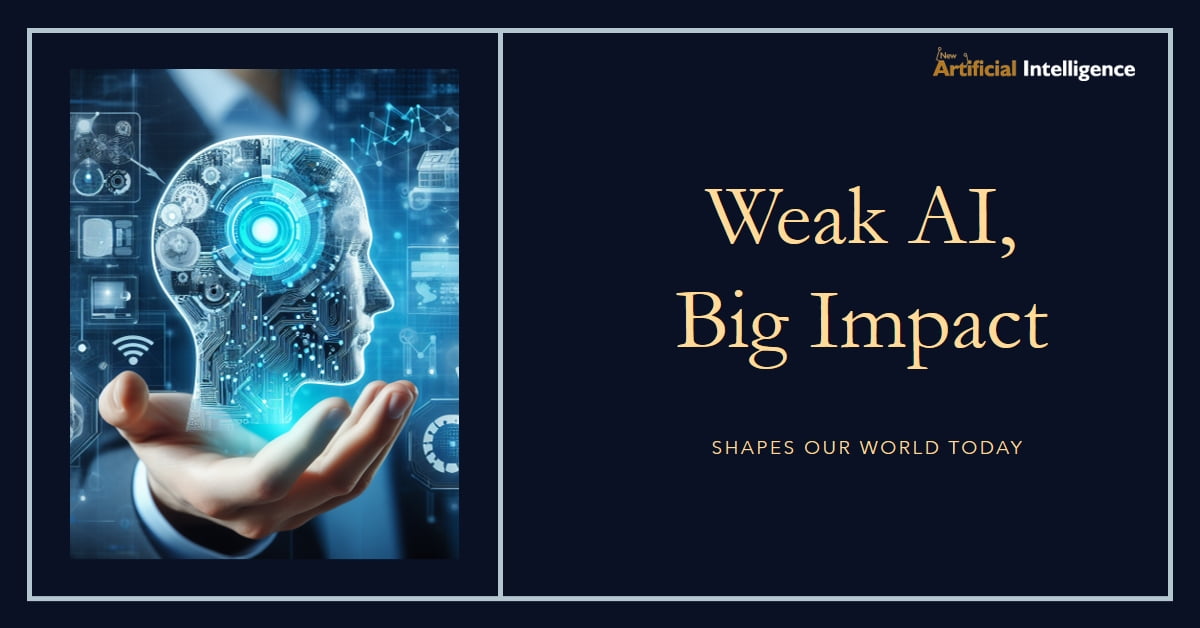




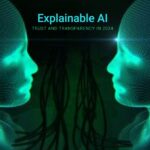





3 thoughts on “Weak AI, Big Impact: 4 Ways It Shapes Our World Today”